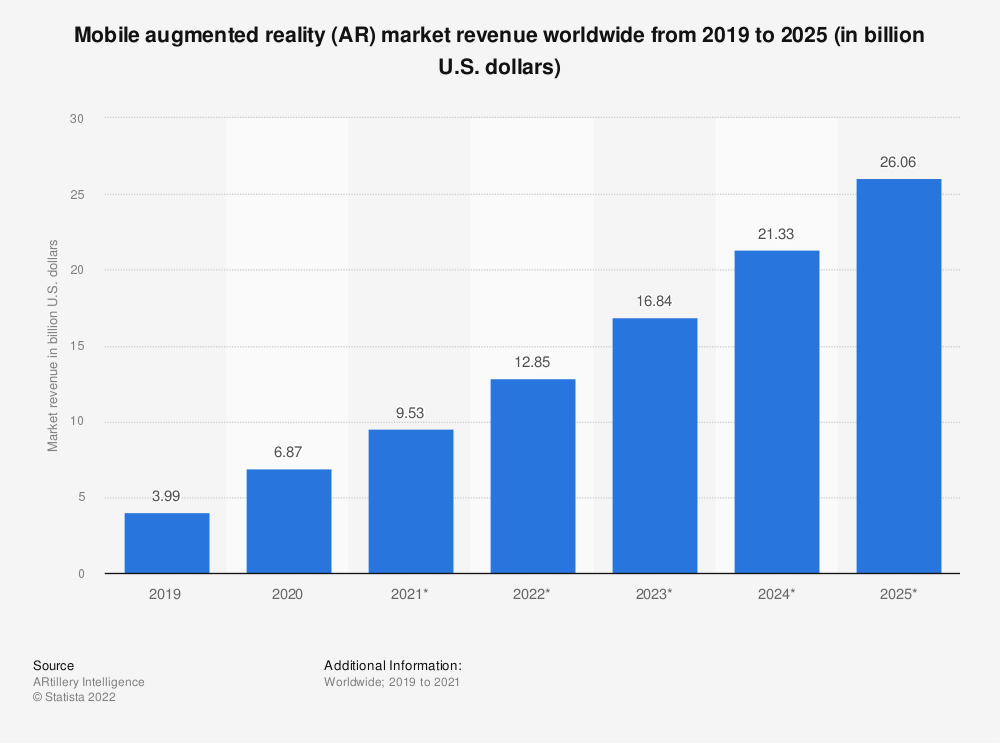By Nick Pipitone | Metaverse Rights
Most of you are probably familiar with the game Pokémon Go. An extension of the wildly popular Pokémon franchise, the mobile game uses GPS and augmented reality to locate, capture, and battle virtual creatures that appear in a player’s real-world locations. The game is free to play, making money from local advertising and in-app purchases. It quickly became a sensation when it hit the market in 2016, with more than 500 million users across the globe downloading it that year.
Pokémon Go had more than a billion global downloads by early 2019, and the game had grossed more than $6 billion in revenue by 2020. Since the intended audience for the game are kids and teens, its success may seem fairly innocuous. But it doesn’t seem as silly after you talk to Neil Mandt.
Mandt is the founder and CEO of the newly formed Metaverse Rights, a platform designed to protect real estate owners’ interests in the digital world. He calls Pokémon Go a global criminal enterprise. The game has attracted controversy for contributing to accidents and creating public nuisances, and various governments have expressed security concerns. Some countries even regulate the use of Pokémon Go.
Mandt is concerned with how the location-based AR game affects commercial property owners. He thinks it’s just the beginning of a wave of augmented reality tech that could be a nightmare for real estate. “Pokémon Go has come inside your lobby and set up an invisible business,” Mandt writes. “They encourage strangers who will not be your clients to enter your property at all hours to play a video game, which can cause harm and danger to the property, its clients, and disruption to visitors.”

Source: Mobile AR market revenue worldwide 2019-2025








